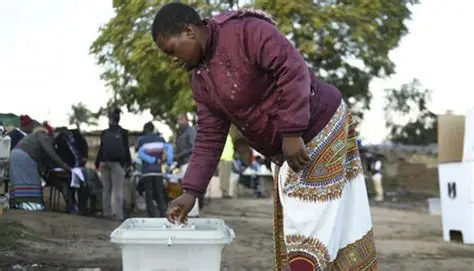Malawians will head to the polls on Tuesday, with President Lazarus Chakwera fighting for a second term under the shadow of economic turmoil, rising unemployment, and growing public frustration. The atmosphere stands in sharp contrast to the optimism that ushered him into office four years ago in a landmark victory.
Chakwera, a former church leader who spent 24 years as President of the Malawi Assemblies of God before entering politics in 2013, rose to prominence after the Constitutional Court annulled the disputed 2019 presidential election. His subsequent triumph in the fresh poll of June 2020 made him Malawi’s sixth president and marked a historic first in African democracy.
His life story, rooted in humble beginnings and resilience, inspired millions. Born in 1955 to subsistence farmers, he endured early tragedies, including the loss of two siblings. His parents named him Lazarus in hope he would overcome adversity—a narrative that later became a cornerstone of his political appeal.
Upon assuming office, Chakwera promised a “New Malawi” through the “Tonse Alliance” government and introduced the SUPER HI-5 agenda: Servant Leadership, Unity, Prosperity, Ending Corruption, and Rule of Law. But the reality has been far less hopeful.
Over the past four years, Malawians have grappled with severe fuel and foreign exchange shortages, soaring inflation, and stagnant job growth. Several high-profile corruption scandals have also eroded public trust, directly undermining his pledges of integrity and accountability.
In a rare televised address, Chakwera admitted failure to meet expectations, telling citizens: “I take full responsibility for the hardships you are enduring,” and asking for forgiveness—a move many see as his final attempt to reconnect with voters before Tuesday’s polls.
The election now hinges on whether Malawians will choose to give him another chance, weighing his historic democratic legacy and personal humility against the pressing hardships of daily life, or if they will turn to a new leadership path.


